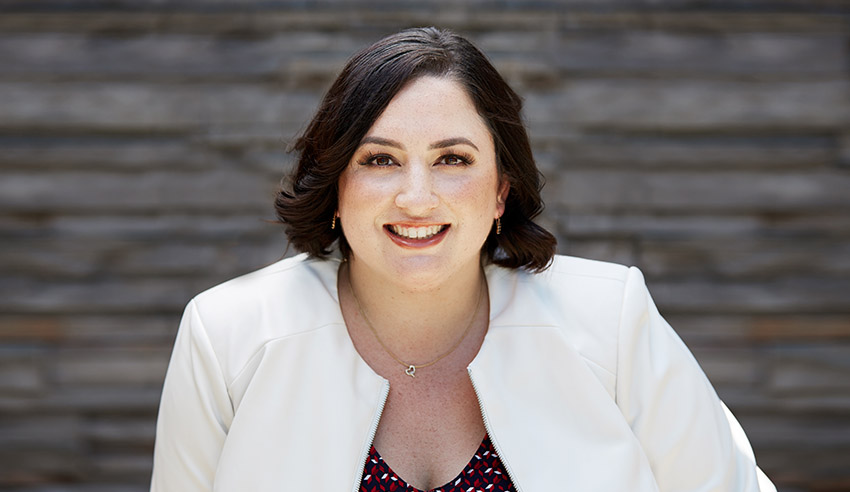Changing this one thing would make us healthier, happier and enable us to better serve our dual roles to the court and to our clients, writes Emma Fitzgerald.

This profession is full of extraordinary, passionate people doing things for the community each and everyday. From seeking and administering justice, to utilising the law to protect rights and our community. It is a deeply important role to play in society.
‘The Thing’
This Thing is not good for us, it is not good for our clients, or our colleagues and it impacts us and our humanness deeply.
The Thing can impact whether we are able to achieve justice for our clients, whether we have continued wellbeing and longevity in the profession. It is a product of the hard work that we have put in to reach high places in our careers.
It can impact our families, our friendships and ultimately the collegiality between all of us.
The Thing is one of the causes of bullying in our profession. I assume it is also a cause of unhappiness in the law and one of the ultimate reasons our clients and the public find us difficult to understand and connect with (at times).
I believe that it is also a direct cause of the heightened rates of anxiety and depression in our extraordinary profession. It is a contributing factor in why we are overwork and experience mental distress. It is also the reason that we do not make complaints about poor treatment, even though we are uniquely privileged to do so.
It is also likely one of the reasons that we leave the profession not long after entering it at alarming rates.
The Thing can ultimately cause us to leave our clients feeling unheard, even after they have made a great investment of energy, time and finances to engage us.
If we can find it within ourselves to change this one Thing, we can change the course of our profession and futureproof it for all of us.
The Thing that I am talking about is ego. Each of our egos.
It is something that in a sense we earn throughout the course of our studies and then careers. But is it really something we need? We do need respect. It is a foundation of our profession – we treat judges with respect and we treat each other with respect (at least, usually). Should our respect dwindle for people that are not like us? No. Respect should be shown in our mannerisms and existence in the way we treat all people.
However, ego does a very different thing to respect.
It is absolutely okay to be proud of all of the things that we have achieved. But it should not come at the sacrifice of our clients or our colleagues’ wellbeing.
It is not okay to yell at someone because of our status, or to be dismissive or unkind. Each person has a story and life experience that can bring so much to our understanding of the world in which we seek to apply the law. No matter our level or status, we each have something to learn.
If we are able to learn to release our egos (or at the very least to have the ability to notice when it is impacting our interaction with another person) we can become extraordinary mentors, colleagues, advocates and adversaries.
We could become the kind of profession that can disagree respectfully – not just with opponents but with our colleagues. Can you just imagine what we could achieve for the world if we were able to treat each other with kindness, and deeply consider other points of view? I know what you are thinking, but won’t that compromise our ability to advocate for our clients? My view is no. We do engage with our opponents in a deeply respectful way, most of the time. The interactions that concern me are those that happen behind closed doors and in the tallest buildings of our cities. I am here to tell you that making this shift to respect each other, rather than to live through our egos, would not cost our clients anything.
By learning to release our egos, we can become the mentors, colleagues, advocates and adversaries who are able to perform these roles without shame, or fear of retribution.
I know what you are thinking: “How on earth can we do that? And even if I do that, what about the other people that refuse?”.
It first begins with each of us as individuals. Your steps and actions will inspire others. It will produce a collective shift towards this way of thinking.
How we can each take steps to change
I do not profess to be perfect in any way, choosing to make a change is a daily and constant choice. It is a lifelong goal. There are steps you can take that will make this path easier for you. These are my recommendations.
You can be part of the change – you just need to decide to be.
Emma Fitzgerald is the director of Lawyering Space and the community manager for Happy Lawyer Happy Life.